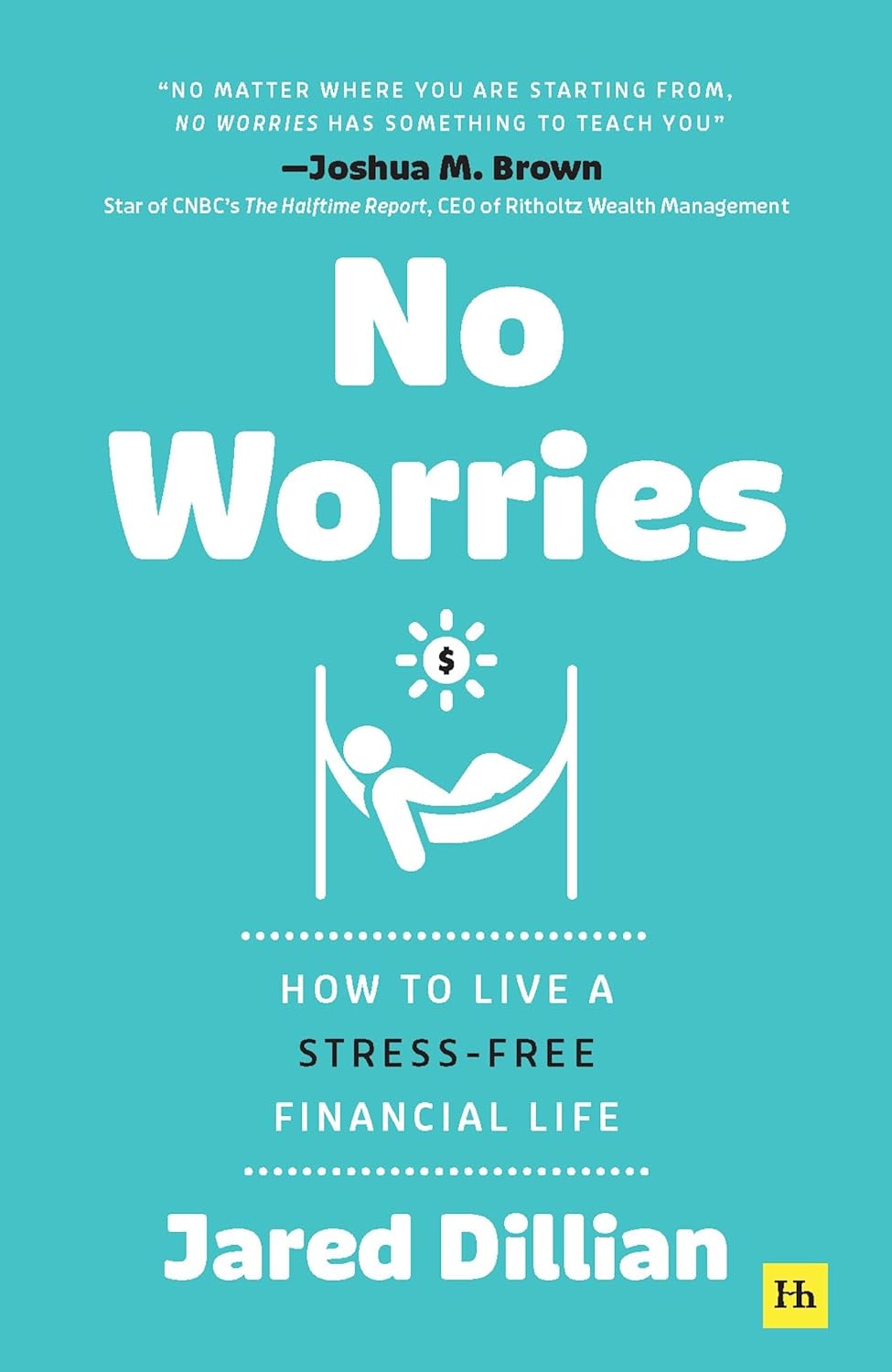Summary in 100 words or less
The simple formula to financial well-being: spend less than you earn—invest the surplus—avoid debt. Your goal is to save up F-You money, generally 25x of your annual expenses, to regain your freedom. During the wealth accumulation stage, allocate 100% of your investment portfolio to Vanguard Total Stock Market Index Fund (VTSAX) or its ETF (VTI). When you're closer to your retirement, adjust 20-50% of your portfolio to include Vanguard Total Bond Market Index Fund (VBTLX) or its ETF (BND). Aim for a 3-7% withdrawal rate during your (early) retirement.
→ Join weekly newsletter to receive timeless insights every Monday
Commentary
My Highlights
Since money is the single most powerful tool we have for navigating this complex world we've created, understanding it is critical. If you choose to master it, money becomes a wonderful servant. If you don't, it will surely master you.
The pursuit of financial independence has never been about retirement. I like working and I've enjoyed my career. It's been about having options. It's been about being able to say "no." It's been about having F-You Money and the freedom it provides.
If you intend to achieve financial freedom, you are going to have to think differently. It starts by recognizing that debt should not be considered normal. It should be recognized as the vicious, pernicious destroyer of wealth-building potential it truly is. It has no place in your financial life.
Debt is a crisis that needs immediate attention. If you are currently in debt, paying it off is your top priority. Nothing else is more important.
The more and greater things you allow in your life, the more of your time, money, and life energy they demand.
Houses are an expensive indulgence, not an investment.
There are many things money can buy, but the most valuable of all is freedom. Freedom to do what you want and do work for whom you respect.
Being independently wealthy is every bit as much about limiting needs as it is about how much money you have. It has less to do with how much you earn—high-income earners often go broke while low-income earners get there—than what you value.
Here's the simple formula: Spend less than you earn—invest the surplus—avoid debt.
Stop thinking about what your money can buy. Start thinking about what your money can earn. And then think about what the money it earns can earn.
Opportunity cost is simply what you give up when you commit your money to one thing (like a car) over another (like an investment), and it's easy to quantify.
Market timing is an un-winnable game over time.
To start you need to understand a few things about the stock market:
- Market crashes are to be expected.
- The market always recovers.
- The market always goes up. Always.
- The market is the single best performing investment class over time, bar none.
Stocks are not just little slips of traded paper. When you own stock you own a piece of a business. These are companies filled with people working endlessly to expand and serve their customer base. They are competing in an unforgiving environment that rewards those who can make it happen and discards those who can't. It is this intense dynamic that makes stocks and the companies they represent the most powerful and successful investment class in history.
Actively Managed Stock Mutual Funds are a huge and highly profitable business. Profitable for the companies that run them. For their investors, not so much. So profitable that there are actually more mutual funds out there than stocks.
[When you invest], you'll want to consider:
- In what stage of your investing life are you? The Wealth Accumulation Stage or the Wealth Preservation Stage? Or perhaps a blend of the two?
- What level of risk do you find acceptable?
- Is your investment horizon long-term or short-term?
In these days of low interest rates, idle case doesn't have much earning potential. I suggest you keep as little as possible on hand, consistent with your needs and comfort level.
It is a challenge for smart people to accept that they can't outperform an index that simply buys everything. It seems it should be so easy to spot the good companies and avoid the bad. It's not.
Life is balance and choice. Add more of this, lose a little of that. When it comes to investing, that balance and choice is informed by your temperament and goals.
When you dollar cost average into an investment you take your chunk of money, divide it into equal parts and then invest those parts at specific times over an extended period of time.
Think about the non-investment income we still have coming in. Even once you are "retired," if you are actively engaged in life you might well also be actively engaged in things that create some cash flow. We are no longer in savings mode, but this earned money is what gets spent first. And to the extent it does, it allows us to draw less from our investments and allows them in turn still more time to grow.
If you have money you have risk. You don't get to choose not to have risk, you only get to choose what kind.








